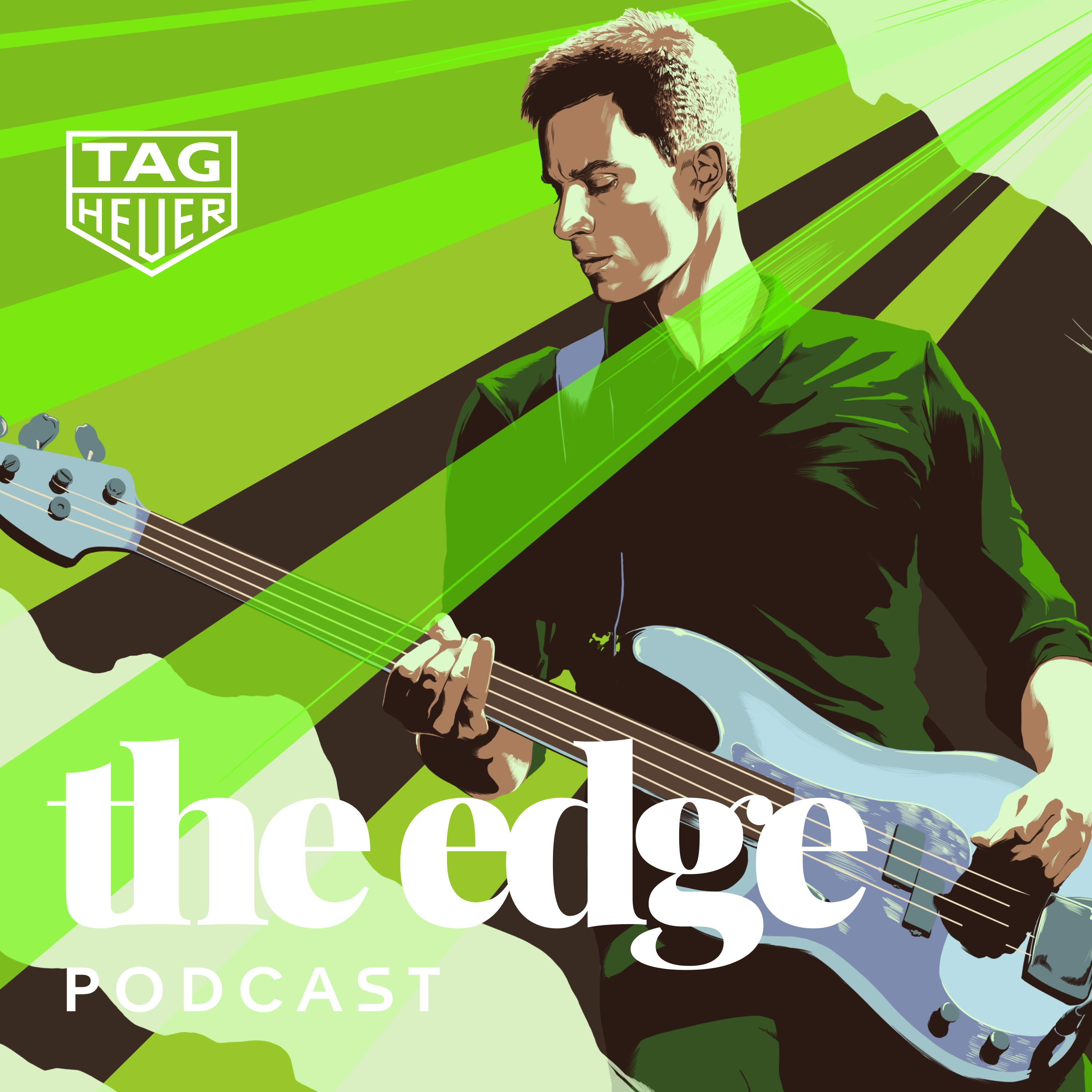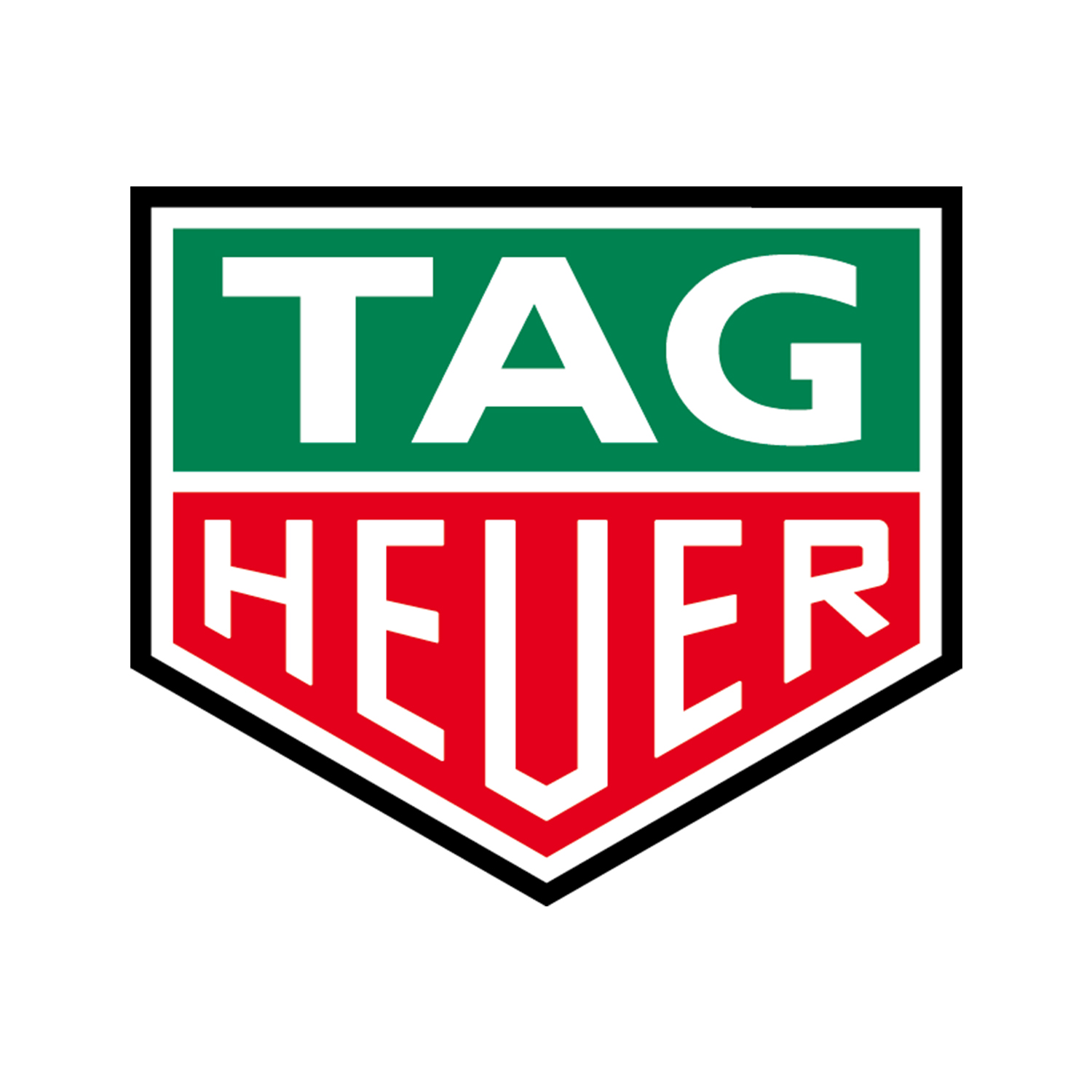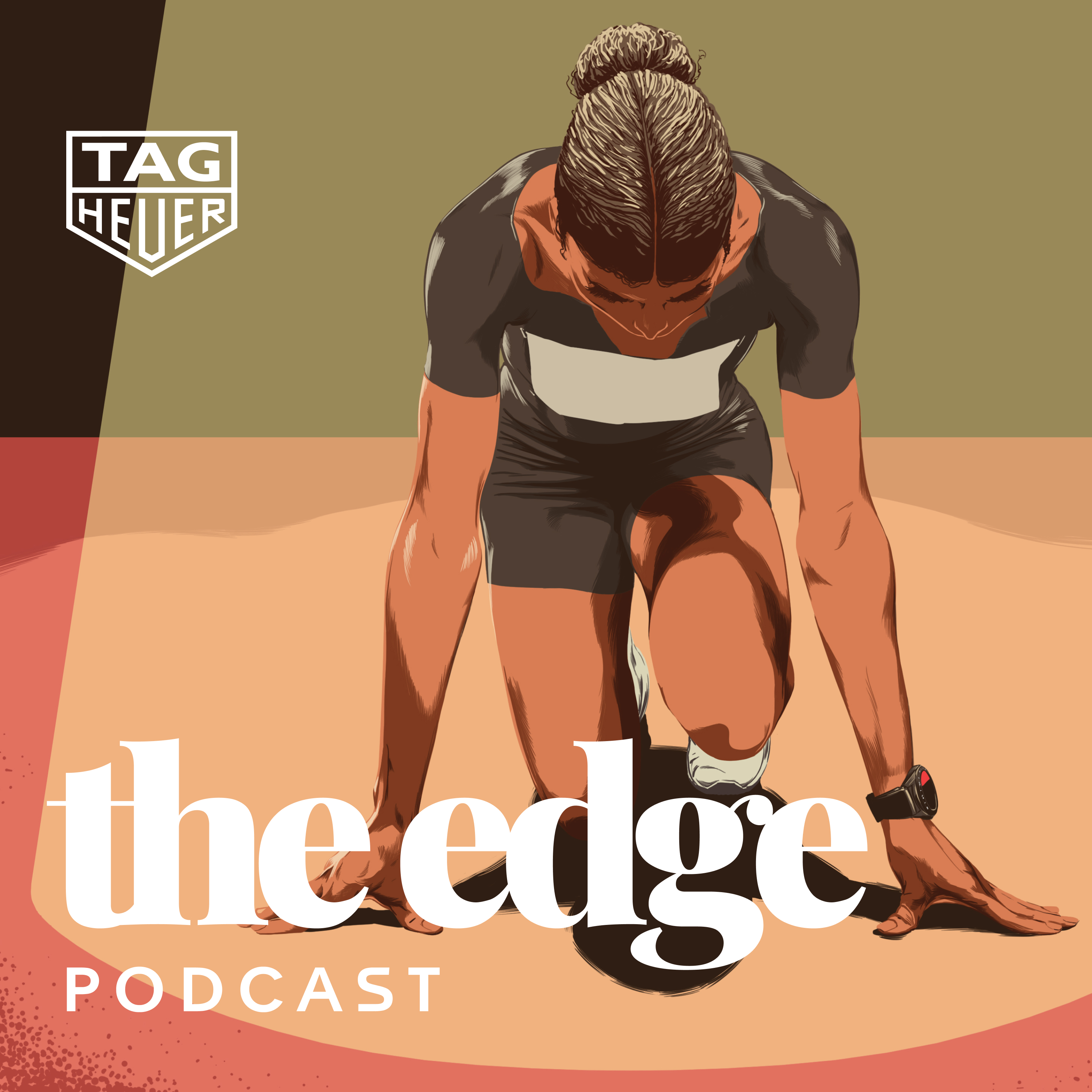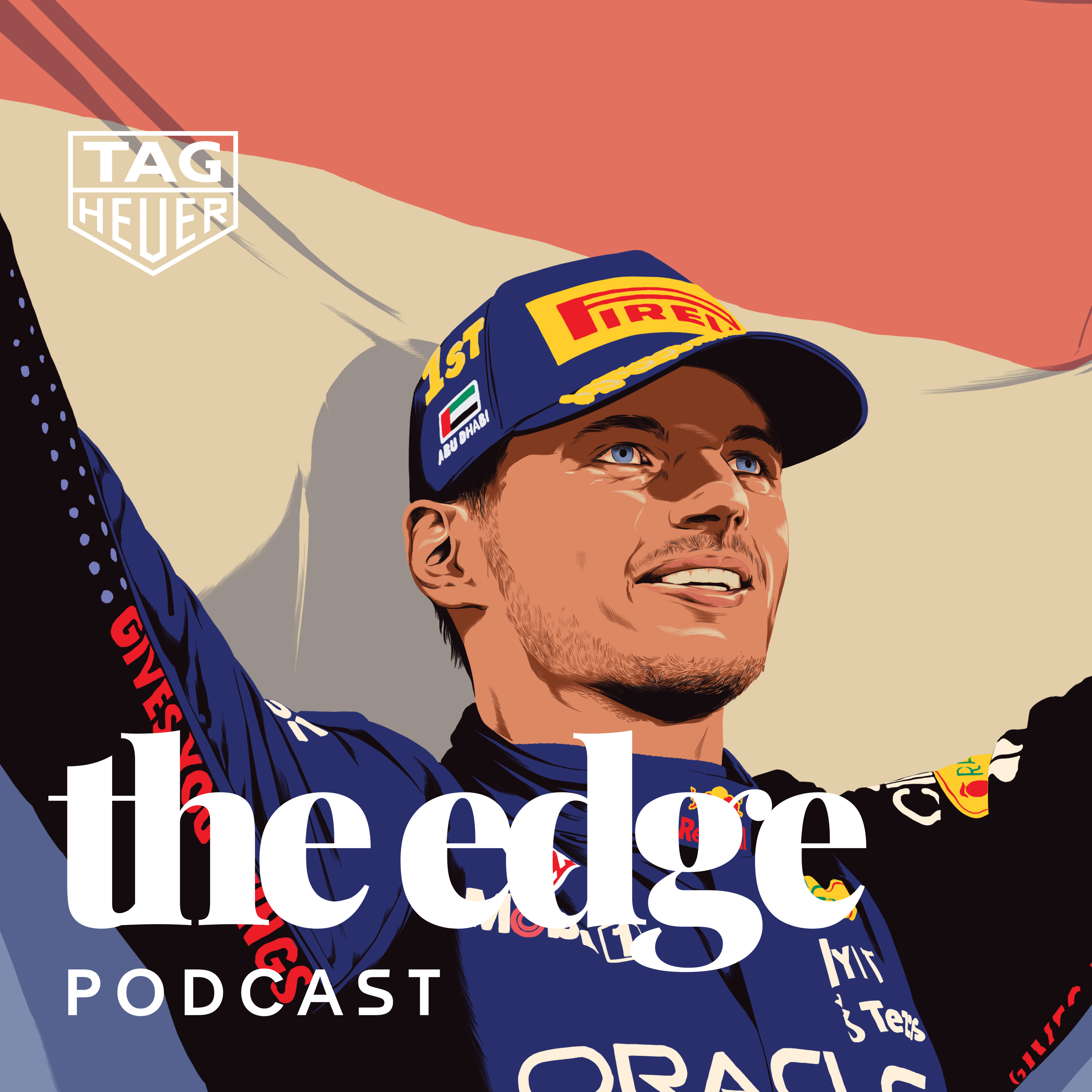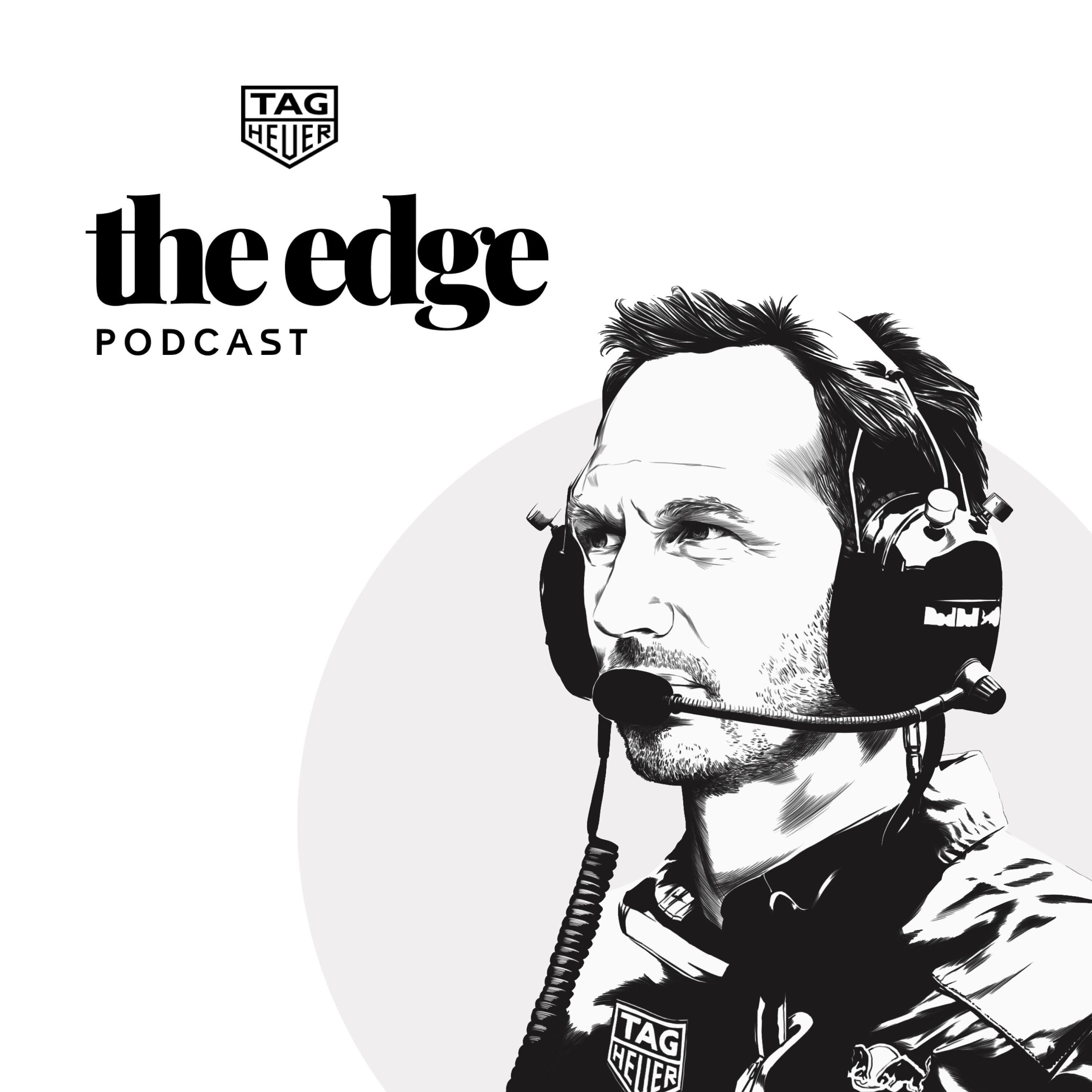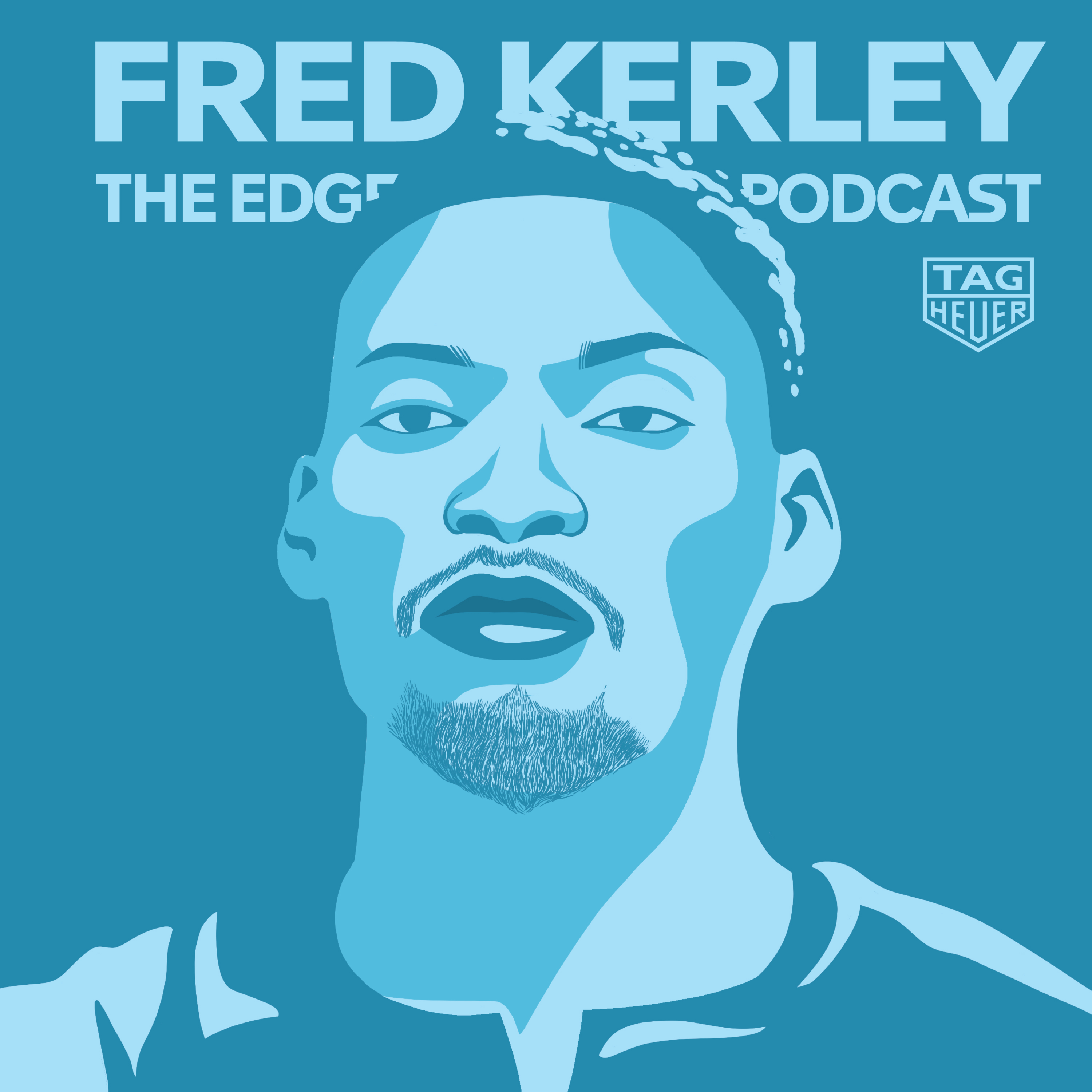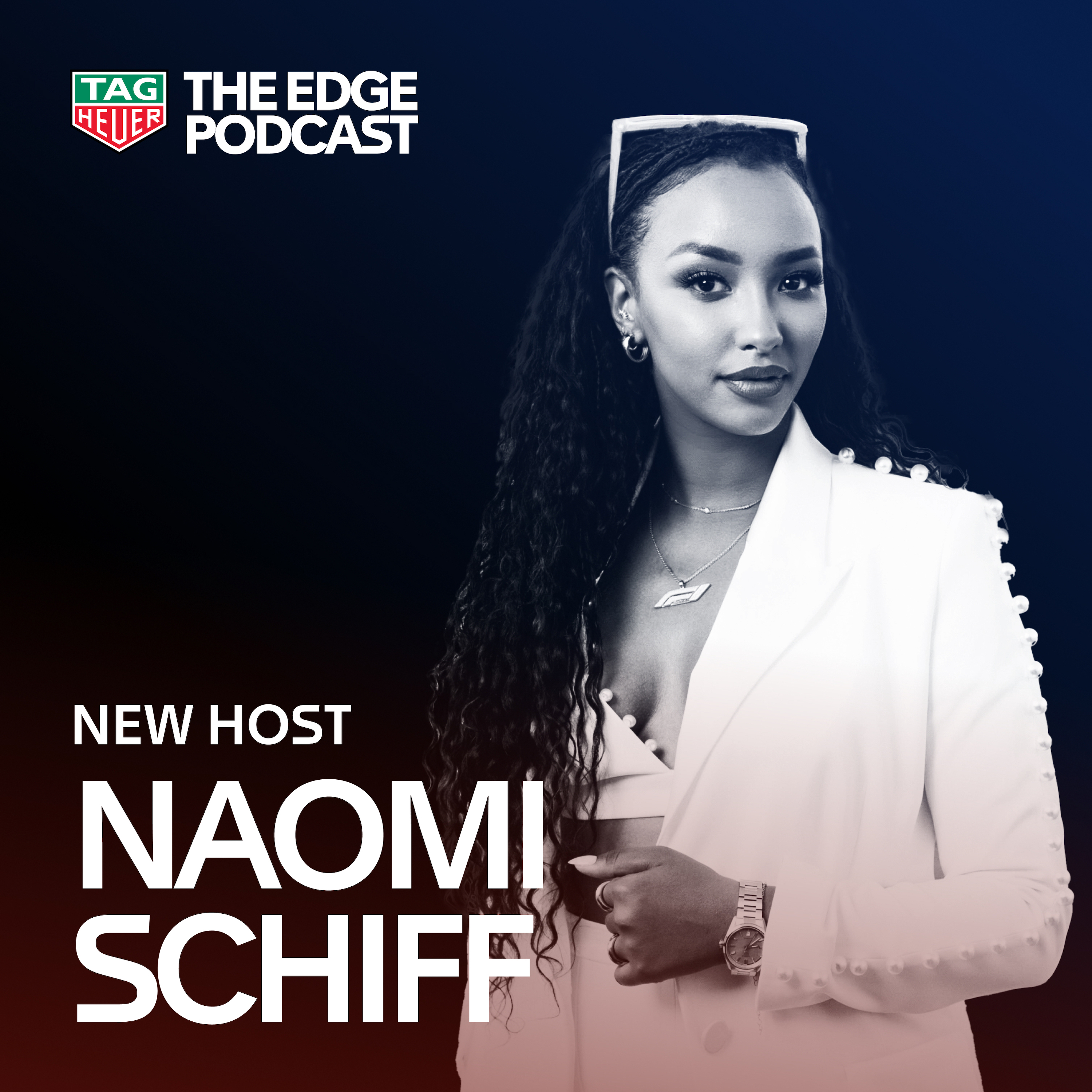Episode Transcript
Speaker 2 00:00:04 When artists set foot on stage to perform, they have to be able to stay calm, to face the unknown. From the moment they walk out in front of a sea of excited people, they know that they have to ignore the stress, the pressure, and often the fear in order to perform the moment he got on stage at Glasson reef festival in the year 2000 guy, Berryman didn't know what to expect. Coldplay bass player, only 22 years old at the time had to prove to the world that he deserved his spot on that hallowed stage. I wanted to understand how he felt during that performance, a performance that was a turning point for guy and his band mates. It was the moment they reached international stardom for Coldplay and guy specifically, there was before Glast Andre and there was after Glast Andre guy recalled the influence that particular performance and its unusual sonography had on their aesthetic, their sound and their future performances guy recalled the influence that particular performance and its unusual sonography had on their aesthetic, their sound and their future performances. I'm your host te van and BRCA. And you are listening to guy Berryman's story. Welcome to the edge, a podcast by tag Hoya.
Speaker 3 00:01:29 The place is Glastonbury, which is a little village in, in Somerset, in England. I mean glastre is the most iconic, probably the most famous music festival in the world.
Speaker 3 00:01:48 Perhaps Woodstock festival would be an equivalent festival in America, which is very famous, very iconic. Glastonbury's been going, I think since the late sixties or early seventies, um, it was started on a farm, uh, run by Michael EVAs. It still is held on the same farm and it happens uh, every year, except when they're running a fallow year, which means, uh, they've gotta let the grass grow back for the cows because it's a cow farm. I mean, it's still a working dairy farm when it's not hosting the music festival. It's, it's a dairy farm and Michael's, you know, working his land as a farmer. Um, I think he's probably the most famous farmer in the world. Michael Olivas actually in many ways is
Speaker 3 00:02:33 The atmosphere at Glastonbury is always pretty special. Um, I think it stands out from most other festivals in the world, just for the atmosphere that's in, in, in the crowd. Um, I don't quite know where that atmosphere comes from, but it's just a magical festival. I know it's been happening for many, many decades and people travel from far and wide to go to go to Glastonbury. Um, there's just a lot of love which comes out of the crowd. And I think that for that reason, most artists, um, whenever they've been asked to perform at glare will, will, will make sure they clear their calendars to, to be a part of it. It's not a festival which is known for paying huge sums of money for instance, but that never stops people wanting to be a part of it every year,
Speaker 3 00:03:27 Growing up, uh, as a music fan. And, you know, as a teenager, I always used to relish the, the, the time when G Glassen Bri was being broadcast on TV, uh, just watching my favorite bands play. So I think as any young band who aspires to play live shows G Glassen Bre is always one of their dreams. And for us, it was one of the biggest goals that we had set out for our ourself to, to play and not only play, but to headline in 2000, we got the opportunity to, uh, we were asked to headline, which is quite remarkable because we only had released one album. Um, so that was a, you know, that was a real challenge for us because, you know, how do you, how do you play a full glass and reset when you only have one album? Because, you know, if you play the album for beginning to end, it's only about an hour long.
Speaker 3 00:04:22 Um, but we were working on our second album at the time, a Russia blood to the head. And we had prepared, even though nobody had heard any of the songs from that second album, we decided that we needed to play some live on that first headline performance at Glastonbury in 2000, which was a big gamble, which was a big risk, you know, to play, to play songs, to such a huge crowd of people, probably around a hundred thousand people to play new songs that they'd never heard before. Um, it seems brave, but it was actually through necessity rather than, uh, bravery.
Speaker 3 00:05:08 When you play at festivals, nothing's a given because they're not necessarily there to see you. They're not necessarily your own fans because festival goers come to festivals so they can, uh, so they can explore and, and see lots of different bands. So I think what, you know, if we go and play a stadium show on our tour, we, you know, it, it's a pretty comfortable scenario because you know, everybody in that show has come specifically to that show because they, they like your music or they like your band, but in a festival, you kind of, I feel like you have to impress so much more because there's, there's lots of people standing in that crowd who aren't necessarily fans, or they might be people who are on the fence about you and you need to win them over. So it is, it is quite a different dynamic playing a festival in 2000. I dunno how we were in our early twenties. Um, I can re remember being tremendously nervous before that show and just kind of freaking out and feeling almost kind of sick to my stomach with, you know, with the nerves about walking onto this huge, uh, this huge stage with this huge audience. And we'd never played a show that big before,
Speaker 3 00:06:23 Before we formed the band, we were, we were friends, you know, we, we hung out. Um, we were all studying different subjects. I was studying engineering. Uh, Chris was studying history. Johnny, our guitar player was studying, studying maths and astronomy and will, was studying our drama was studying anthropology. So we were all students at UCL in London, in the, in the late nineties. We all came together, cuz we all lived together in the same holes of residents in, in central London, just behind, uh, Totum court road. We all came to university to obviously study different subjects, but I think we were all, we, we were just lucky that, um, that we came together and we enjoyed each other's company and we were all such kind of music nerds basically when we did play music together. And we started to write some songs together. We, we, we kind of all knew instantly that there was something, there was something there which was, uh, worth exploring further.
Speaker 3 00:07:32 We didn't see any reason why we couldn't do it if we just applied ourself to this kind of joint. Cause you know, Chris was always, he, he was always staying back and just kind of with an acoustic guitar, a piano and just writing songs. So he was always an incredibly kind of driven song writer, driven songwriter and um, and we all kind of nurtured each other's talents in, in the beginning. And, and, and there was a kind of a collective atmosphere that, you know, together we're much stronger than we are individually. And so I think we just felt there was no reason if we all wanted to do it, that we couldn't just keep working together and just kind of make a master plan as to the, the steps we would need to follow in order to, you know, end up with a record deal.
Speaker 3 00:08:19 And in fact, we did in the early days, we did have kind of like a, a wishlist of things which needed to happen in order for us to progress forward. So, you know, one of them was to, to send a demo into X FM's demo clash. I think it used to be presented by a DJ called Gary Crowley. And he used to on his radio show every week, he used to kind of take a tape that somebody had sent in or he'd select a tape from a whole bunch of, uh, submissions and, and play one of them. You know? So every week there was kind of like a featured unsigned artist on his show and we, so we endeavored to kind of make a recording and send it into him. And eventually we did end up being selected by him. And of course, then we had to get our first gig.
Speaker 3 00:09:03 So, you know, in order to get our first gig, we realized that we needed to have enough songs in order to have our first gig. So I think we wrote eight songs and we thought, well, we've got eight songs, so we can, we can book a show. So we, we, we, we found a local promoter in Camden who used to put on bands in, in pubs around Camden to book our, for a show. And as it turns out, we didn't have quite enough songs to make a reasonable length show. So what we ended up doing was playing some of the songs twice <laugh>, which was fine, cuz it was, you know, the, the people that came to that first show were all our sort of friends from college anyway. So they were quite happy to understand the situation we were in
Speaker 3 00:09:50 Our manager at the times. Um, and still is our manager is a guy called Phil Harvey. Who's an old school friend of Chris, you know, he, they were at school together. So, um, we call him our fifth member actually he's, he's not really viewed within the band as a manager. He's, he's just kind of viewed as our kind of creative director and our fifth member. Um, and it would've been the, the news that we were given, the, the headline slot would've been given to us by, by Phil. But, but spec, I don't specifically remember the moment we were told that, um, it, it was gonna happen. I mean, of course there's always conversations going and you know, there's always the possibility and you know, sometimes you can request or you can put yourself forward for things like this, but really in, in Glastonbury, it's kind of decide Michael really decides who gets the headline and if he likes your band and if he's decided he wants to champion your band, then he will put himself on the line and do it. And it was a big risk for him to, to put on such a young band who'd only, um, release one album onto the main headline slot in his festival.
Speaker 3 00:11:05 It's, it's so easy to, to kind of work yourself up into such a state of fear. I mean, my biggest fear sometimes is, you know, I, I, I sometimes have these dreams about walking on stage and looking down at my instrument and realizing that I've completely forgotten how to play anything. You know, it's like a, it's like the ultimate anxiety dream. And so I think before we walked on stage on Glastonbury, I, I, you know, I remember just thinking, am I gonna remember how to, how to play these songs? Of course it's completely irrational, but it's just fear kicks in and, and tells you that this might be a situation which could arise. You know, you might just not be able to remember how to play any of this. And it's a, it is a pretty awful feeling, but you know, when the first song starts, your body just kind of kicks into, you know, we, we, we talk a lot about muscle memory when we, when we play life, which is you get to a point where you've played songs so many times that actually you don't need to think about it anymore, your fingers and your arms, just go to the places that they're supposed to be through this kind of concept of muscle memory.
Speaker 3 00:12:08 So, so all of those fears quickly dispelled, you know, as soon as the first song started and then, and then it's just head down from, you know, beginning to end to get to the end of end of the show without any, without any mistakes.
Speaker 3 00:12:30 I remember in the set, we played a song called clocks, which was from our second album. Um, so nobody had, nobody had heard this song. Um, and it was a song we were all immensely proud of and, you know, we knew it was going to be a single from the second album. And, um, one of the things I remember most in fact, the most memorable moment from that set, uh, at Glassen green was something which happened, which I was completely unaware of. And that was, it was the first time we had ever been given a laser to use. So from behind Will's drums, when we started playing, uh, clocks, this laser being shot out from behind will up into the skies, like a single green, um, beam of laser. And because there's always so much haze and smoke kind of rising up from the crowd, um, at glass Andre, you know, the laser was very visible because as it was reflecting through all this smoke, and I just thought, you know, it almost stopped me in my tracks because I was like, well, what is that?
Speaker 3 00:13:33 I wasn't expecting this kind of, it was almost like the bat, you know, like the Batman sign had been shot up into the sky. It was just this vast single laser be, which it was just mesmerizing to look at. And then as the, as the song carried on, the laser beam opened out into a fan. Yeah. So it, it split out into many, many different laser beams and it split out into a fan pointing straight up into the sky. And then as the song progressed, that kind of fan started dipping down over the audience. So it was just kind of going straight over the audience's head. And it was just one of the most, I think one of the most visually impressive things I've still I've seen to this day. It was a very particular kind of fancy laser. I can't, I can't remember what it was called.
Speaker 3 00:14:20 I can't give you the technical name. Um, but I, I can re remember just thinking, wow, nobody told me that, you know, that was gonna happen. And I suppose that, you know, and, and what's interesting about that kind of that piece of production is, was it really set the tone for all of our shows and the future and how we wanted to use, you know, lighting and, and new technology, uh, within our own stadium shows, um, which is something that, that we, we focus heavily on to this day. You know, we, we're always looking at what's, what's available, what's new, what hasn't been done before. So I think that particular moment during clocks in the Glassen reset was, um, was actually the beginning, the Genesis of, of the way our shows developed since then in,
Speaker 3 00:15:24 I think that glass debris performance was definitely a realization that we had, first of all, come quite far in, in a relatively short period of time. And it was a, it was an affirmation that, and a validation that what we were doing was being accepted by, by people, you know, by, by listeners, by radio one listeners by, you know, you know, by the people of Britain, um, and by the PE you know, by the people of Europe and so forth. Um, so I would say that was a turning point, which gave us the confidence to carry on, you know, it, it gave us the feeling that, you know, there's no limits to where we could, you know, take the direction or the, the trajectory of our, um, careers as musicians. Um, so it was definitely a huge moment in our, in our lives. It's, it's a moment. None of us will, will, will ever forget.
Speaker 3 00:16:28 I think we all suffer from the, a kind of a sense of insecurity collectively and individually as a band. And I think there's always a feeling of, we, we, we can be doing better. Um, I don't think any of us have taken, you know, at any point in our, um, careers kind of thought, oh, well, you know, we're great, or we've done all this now, so we can stop. I think we've always had, we still have a great sense of cur curiosity and ambition to keep doing more, to try and get better at this, that, or the other. Um, so although glass Andre was a huge milestone in our timeline as a band. Um, I think we felt that we still had an awful lot more work ahead of us that we needed, that we needed to do. I still think we felt like we needed to be better as songwriters, as musicians, as producers, as a live act. It will be ingrained in my mind for the rest of my life.
Speaker 3 00:17:26 I, I remember feeling happy that it was over because there was, so there was so many, it, it was such a, it was such an anxious build up to it. It was such a big deal for us, even if you were an artist who had five or six albums, you know, and, you know, basically a catalog of singles that everyone could sing along with, it would still be a big deal. It would still be nervous, but we were playing songs from one album and a bunch of songs from an album that no nobody had heard. So I think that really, that really kind of made us feel extremely nervous and anxious about this performance. And, um, so I do remember when it finished, uh, feeling, feeling quite elated that it was over and, and, and not only that, it, you know, we we'd gotten through it without any technical problems or, um, anyone forgetting how to play anything.
Speaker 3 00:18:20 So it was a great sense of relief. And then you can enjoy the moment and then you can kind of look back and say, wow, we did, we did that. But certainly when you're on, on stage and in, in the moment in that hour and a half, that performance, you know, you, you don't have any time to sort of look out and enjoy, uh, the situation that you're in because it's just head down and get the job done. Remember how, remember how to play your instrument and, and remember how to play it well with the rest of your band and keep your fingers crossed that nothing breaks.
Speaker 2 00:19:05 I remember listening to, I was an absolute, super fan. I remember listening. I was only, I dunno, like when you did last Brie, I was probably 12. Um, it was like,
Speaker 3 00:19:16 Thanks. Thanks very much. Sorry,
Speaker 2 00:19:17 Sorry, 13, sorry, 13. Um, but clocks did feel like a turning point kind of sonically as well. It was like, it suddenly became much more kind of, it was like stadium music, right. It became this kind of really, um, what's the word almost like Eccles, um, compared to kind of what you'd done with parachutes, um, sudden you say you were proud of it kind of, can you talk a little bit more about that turning point in terms of the music?
Speaker 3 00:19:45 Well, I think it, it is interesting because the, the development of our music over the years has definitely gone hand in hand with the types of venues that we play our live shows in. So parachutes was really kind of quite an acoustic sounding, small, quiet record. And all of a sudden we found ourselves being thrust onto these big stages, um, and arenas and, you know, festivals like Glastonbury. Uh, and we felt quite exposed with our kind of one album of little quiet songs. And so I think we saw those kind of opportunities to play at festivals and to, uh, and to play bigger shows as, as a reason to, to, to write music and to make music in a style which was going to fill those spaces. You know, parachutes was kind of built really around a, an acoustic piano and an acoustic guitar. And so I think, you know, as we, after we launched our first album and we started doing, um, tours around Britain and Europe and America, and we were playing in venues, we suddenly realized that actually we need to make music, which has a slightly different Sonic size. So I think her rush of blood to the head, um, you know, which we showcased a lot of, um, during that glass and debris show was really the first step in that direction. I mean, it's not a huge sounding album by any means, but it was definitely a, a progression from, from parachutes into a slightly heavier, more expansive, you know, alternative rock sound.
Speaker 2 00:21:20 It's really interesting. I mean, did, do you ever kind of miss that more acoustic lofi kind of closer, more intimate sound?
Speaker 3 00:21:29 Well, I know a lot of our fans do a lot of, you know, we, we, there's a lot of people that kind of like to make the point very clearly that we should be making music, which sounds more like our old stuff. Um, <laugh> and they can be quite, uh, they can be quite adamant about that. But, um, for us, it's always, the journey has always been about moving forward, trying new things, working with new people, uh, collaborating with different artists, accepting other people into the mix. You know, when we made our first three or four albums, nobody was allowed in the studio because we still felt that we had to prove everything. Our, we had to do everything ourself. We had to be completely a hundred percent in control and, you know, any success that we had had to be the result of our, our collective efforts.
Speaker 3 00:22:21 Um, but over the last few years, we've been much happier to, like, I feel we don't have as much to prove anymore. We've ticked off all, all of these major milestones that we, that we set out to do as a band in the early days. And so we, we, we feel much more relaxed to collaborate with people and to, to have people come and sing on songs with us, you know, duet. And we, you know, we BTF, we've done a song with BTS and ele Gomez, and over the years we've worked with Beyonce and, and, and Rihanna and, and Jay. So I think, you know, our, our, our musical progression, you know, I don't think we're ever a band that would kind of look back and say, okay, well, let's make an album now, which sounds like that album we made 15 years ago. I, I just don't think that's ever gonna be a direction. Any of us are interested in, in taking
Speaker 2 00:23:09 Out of all of the band members. It's kind of probably fair to say that you've pursued your own interests outside of music. Um, kind of in the most breadth. Can we talk a little bit about kind of what you've moved into? Cause obviously motoring is a, a very big passion of yours. Um, and you started your magazine, the road route was Coldplay. Like the thing that facilitated you, doing the thing that you really wanted to do, or all these kind of disparate elements, kind of just all the things that you love, including playing with the band.
Speaker 3 00:23:37 Yeah. So I think I've been publishing the road roadmap magazine for several years now. In fact, we're about to, um, launch issue 10 and, um, I'm a car collector, classic car collector. My dad was an engineer. I was studying engineering. And so I was brought up around classic cars basically. Um, so I started producing the road wrap magazine a couple of years ago now to basically to, to, to fill what I felt was a huge and obvious gap in the motoring magazine market, which was to create a beautiful independently published coffee table magazine. Um, for, for people who love cars, basically. Um, if you go to a new stand, you can buy lots of car magazines, but there's nothing particularly pretty about them. There's nothing particularly collectible about them. And I just thought it was strange that given the fact that there's so many magazines for other, um, interest groups, you know, if you're into wine, there's amazing magazines, you can buy and collect.
Speaker 3 00:24:37 If you're into architecture or design there, those amazing magazines that you can buy and collect. But for me, there was nothing in automotive. Uh, there was no automotive magazine offering, which gave me any great sense of joy. So having been collecting cars and building a, a collection of classic cars up for, you know, the last 15 years or so, um, with some like-minded friends, uh, we decided to launch our own car magazine called the road wrap, and we're about to publish issue 10. And it's just a great, it's just as a creative person. Um, it, it was just great for me to kind of focus on something slightly outside of music. So, you know, I love graphic design, so I'm responsible for the entire look and feel of the, of the magazine. And so it really gave me, uh, an opportunity to explore a slightly different part of my brain in terms of, uh, being creative
Speaker 2 00:25:38 Guy. That was absolutely fantastic hearing you talk about that. So passionately, I'm not surprised you remember those lasers at glare, so vividly. Thank you so much for joining us at the edge.
Speaker 3 00:25:49 It was. Thank you so much, Taylor. It's always, always great talking to you.
Speaker 2 00:25:53 You too. Let me see you guy. Good luck on
Speaker 3 00:25:54 The tour. Thank you.
Speaker 2 00:26:16 Thank you for listening to this episode of the edge, the most informed fans among you will have figured out by now, that guy actually recalled two Glast breed performances in this episode, Coldplay's first ever in 2000 and the other with those incredible lasers, he mentioned in 2002, who could blame him. It was 20 years ago, either way. I loved hearing about the things that stuck with him and his band mates from those performances. And I hope you did too. Let me know your thoughts and the comments, and don't forget to leave us five stars and subscribe wherever you get your podcasts. Another massive thank you to guy Berryman for joining us. I'm your host TA Vandam BRCA, and I'll be back next month from the third episode in our second season of the edge, a podcast by tag Hoya. See you soon.
